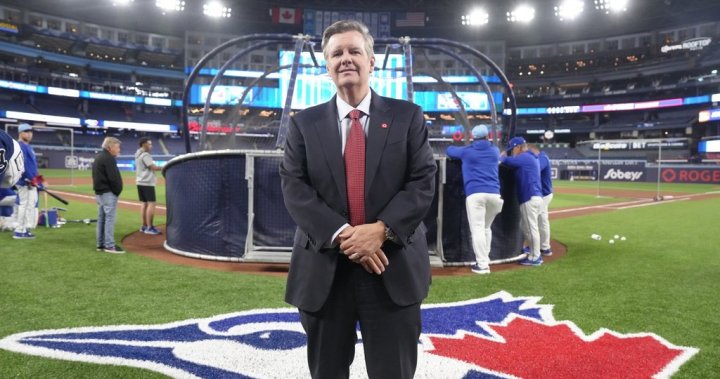In a move that reshapes Toronto’s sports landscape, telecommunications giant Rogers Communications has received regulatory approval to acquire Bell Canada’s minority stake in Maple Leaf Sports & Entertainment (MLSE), giving Rogers full control of the sports empire that owns the Toronto Maple Leafs, Toronto Raptors, Toronto FC, and other major franchises.
The deal, valued at approximately $4.7 billion, cleared its final regulatory hurdles yesterday after months of scrutiny from Canada’s Competition Bureau and the CRTC. This acquisition represents one of the largest sports ownership transactions in Canadian history and dramatically alters the power dynamics in Toronto’s sports business ecosystem.
“This is a landmark moment for sports entertainment in Toronto,” said industry analyst Sarah Chen from Toronto Metropolitan University’s Ted Rogers School of Management. “Rogers now holds unprecedented control over the city’s professional sports franchises, broadcasting rights, and related media assets.”
The transaction gives Rogers complete ownership of MLSE, adding to its existing sports holdings which include the Toronto Blue Jays. Bell had previously owned a 37.5% stake in MLSE, with Rogers holding an equal 37.5% share and Larry Tanenbaum’s Kilmer Sports holding the remaining 25%.
For Toronto sports fans, the immediate impact remains unclear. Rogers executives have promised “business as usual” for the various teams’ operations, but industry observers anticipate significant changes to broadcasting arrangements and digital content distribution.
“Fans shouldn’t expect dramatic changes to ticket prices or team management immediately,” noted Chris Bourne, sports business correspondent for the Toronto Economic Forum. “The real transformation will happen behind the scenes with how games are broadcast, streamed, and packaged for consumers.”
The deal raises important questions about media concentration in Canada’s largest city. With Rogers now controlling broadcast rights for nearly all major professional sports franchises in Toronto, concerns about competition and consumer choice have emerged.
Michael Thompson, Toronto City Councillor and member of the Economic Development Committee, expressed mixed feelings: “While we appreciate Rogers’ commitment to investing in our city’s sports teams, we must ensure this concentration of ownership benefits Toronto residents through continued community engagement and reasonable access to sporting events.”
Rogers has outlined plans to expand digital streaming options and create new content platforms centered around Toronto’s sports franchises. The company’s CEO stated in a press release that the acquisition “represents a commitment to Toronto’s sporting legacy and provides a foundation for innovative fan experiences.”
MLSE’s portfolio includes not just teams but valuable real estate and entertainment venues including Scotiabank Arena, BMO Field, and the OVO Athletic Centre. The company employs over 750 full-time staff and generates an estimated annual revenue exceeding $2 billion.
For Bell, the sale marks a strategic exit from sports ownership to focus on core telecommunications services and targeted content investments. The company will maintain certain broadcasting rights through existing agreements but surrenders its boardroom influence over MLSE’s operations.
The Ontario Teachers’ Pension Plan, which once owned a majority stake in MLSE before selling to Bell and Rogers in 2012, has observed the transaction with interest. “Large-scale media consolidation was inevitable in this market,” said former OTPP investment director James Liu. “The question now is whether this creates value for both shareholders and the community.”
The transaction comes during a period of significant change for professional sports economics. With traditional cable subscriptions declining and streaming services ascending, control of premium sports content has become increasingly valuable. Rogers’ strategy appears focused on leveraging MLSE’s content across its various distribution platforms.
Local businesses that partner with Toronto sports franchises are watching developments closely. The Distillery District’s Sports Heritage Museum, which features exhibitions on Toronto’s sports history, sees potential opportunities. “With unified ownership, we’re hoping for more collaborative approaches to celebrating the city’s sports culture,” said museum director Elena Keats.
As Rogers assumes full control, the company faces high expectations from Toronto’s passionate sports fan base. The pressure to deliver championships—particularly for the Maple Leafs, who haven’t won a Stanley Cup since 1967—will only intensify under single ownership.
What’s certain is that Toronto’s sports landscape enters a new era. Whether this consolidation ultimately benefits fans, athletes, and the broader community remains to be seen, but the impact will undoubtedly be felt throughout the city’s cultural and economic fabric for years to come.







